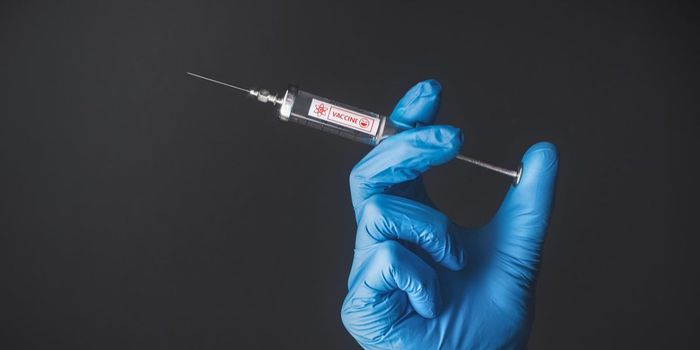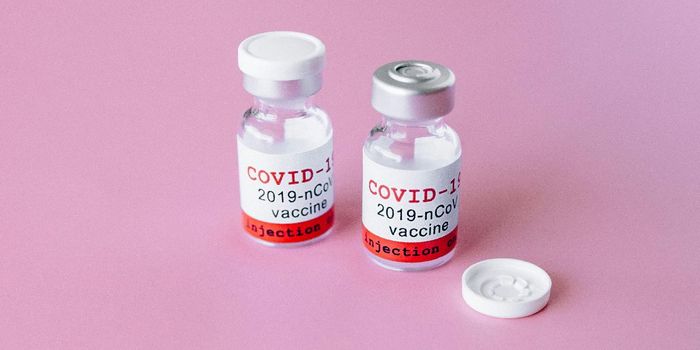
The case of the man who left Liberia and was diagnosed with Ebola in Dallas is confounding in every way, a cascade of Murphy's Law (whatever can go wrong will go wrong).
I recall reading on the Centers for Disease Control and Prevention (CDC) website some weeks ago of an exit screening protocol to be used by airport workers. It was a tool for public health officials and airport authorities to identify people passing through the airport who might be sick or could have been exposed to Ebola, with the aim of blocking these individuals from leaving until it is established that they do not have Ebola. And, that they don't pose a risk to people at their new destination.
This strategy may have been breached by Thomas Eric Duncan, 42, the man in Dallas with Ebola. NBC News reports that Liberian authorities say they plan to prosecute Duncan when he returns to Liberia because he appears to have lied on an airport health questionnaire in which airline passengers departing Liberia are "screened" for fever and asked if they came into contact with someone who was sick with Ebola. Duncan reportedly came to the aid of pregnant woman who was ill and later died from Ebola, but the Associated Press reports that on the form he said "no" regarding such contact.
Another missed opportunity was at Texas Health Presbyterian Hospital, Dallas, whose website identifies it as an 898-bed acute-care hospital treating some of the most complicated cases in North Texas. It is arguable how complicated this case might have been. Reuters reports that Duncan went there for treatment on a Thursday evening, September 25, and told a nurse he had just traveled from Liberia. He was given antibiotics (diagnostic tests, anyone?) and sent home to the apartment he shared with four others. On Sunday, after throwing up on the ground outside the shared apartment, he was transported to this hospital in an ambulance. Reuters reports that a hospital spokesperson said Duncan was in serious condition on Thursday.
The CDC website some weeks ago noted that "Early recognition is critical to controlling the spread of Ebola virus. Health care providers should be alert for and evaluate any patients with symptoms consistent with EVD and potential exposure history.
Standard, contact, and droplet precautions should be immediately implemented if EVD is suspected. Guidance for clinicians evaluating patients from EVD outbreak-affected countries is available at http://www.cdc.gov/vhf/ebola/hcp/clinician-information-us-healthcare-settings.html." Further, that US health care professionals should immediately report to their state or local health department any person being evaluated for EVD if the medical evaluation suggests that diagnostic testing may be indicated and if there is a high index of suspicion, US health departments should immediately report any probable cases or people under investigation to CDC's Emergency Operations Center.
The New York Times reports that Thomas R. Frieden, director of the CDC, says health care workers are assessing 100 people, including hospital personnel and emergency medical technicians, to establish whether or not they were exposed to the virus.
Duncan stayed in the Dallas apartment in the northeastern part of town for a week before his first trip to the hospital. Reuters reports that four family members living in this apartment, a woman, one of her children, and two nephews, were told to remain in isolation. The New York Times notes that four days after Duncan was quarantined at the hospital, the shared apartment had not yet been sanitized and the sheets and dirty towels he had used there remained there, stuffed in plastic bags. Further, county officials visited the apartment-without donning protective gear-on October 1.
The Times notes that the Texas health commissioner said at a news conference that officials came up against "a little bit of hesitancy" in looking for a firm to clean the apartment. It adds that hospitals claim that "conflicting guidance" on disposing of waste generated during the care of Ebola patients may result in a "pile up" because they cannot dispose of it.
It seems an oversimplification to call this a communication breakdown.
I see that on Wednesday, October 1, the CDC posted on its website (1.usa.gov/1mXboex) a "Checklist for Patients Being Evaluated for Ebola Virus Disease (EVD) in the United States." At the bottom of the one-page document, it says "This checklist is not intended to be comprehensive. Additions and modifications to fit local practice are encouraged." Time to get out the mimeograph machine and pass this around.
 The case of the man who left Liberia and was diagnosed with Ebola in Dallas is confounding in every way, a cascade of Murphy's Law (whatever can go wrong will go wrong).
The case of the man who left Liberia and was diagnosed with Ebola in Dallas is confounding in every way, a cascade of Murphy's Law (whatever can go wrong will go wrong).







